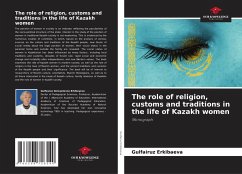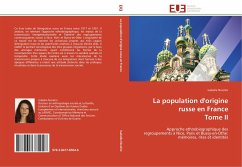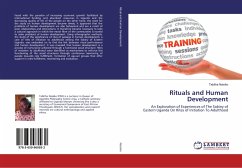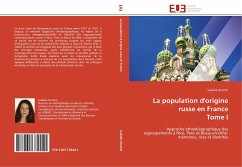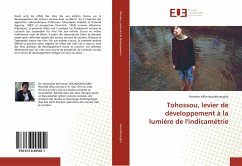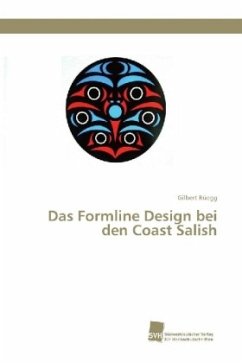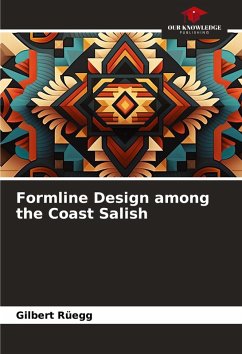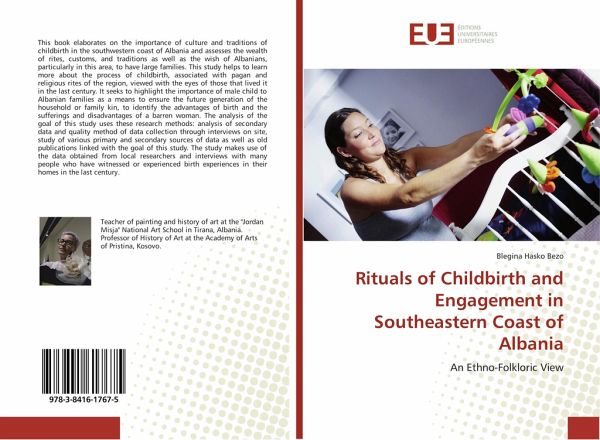
Rituals of Childbirth and Engagement in Southeastern Coast of Albania
An Ethno-Folkloric View
Versandkostenfrei!
Versandfertig in 6-10 Tagen
24,99 €
inkl. MwSt.

PAYBACK Punkte
12 °P sammeln!
This book elaborates on the importance of culture and traditions of childbirth in the southwestern coast of Albania and assesses the wealth of rites, customs, and traditions as well as the wish of Albanians, particularly in this area, to have large families. This study helps to learn more about the process of childbirth, associated with pagan and religious rites of the region, viewed with the eyes of those that lived it in the last century. It seeks to highlight the importance of male child to Albanian families as a means to ensure the future generation of the household or family kin, to ident...
This book elaborates on the importance of culture and traditions of childbirth in the southwestern coast of Albania and assesses the wealth of rites, customs, and traditions as well as the wish of Albanians, particularly in this area, to have large families. This study helps to learn more about the process of childbirth, associated with pagan and religious rites of the region, viewed with the eyes of those that lived it in the last century. It seeks to highlight the importance of male child to Albanian families as a means to ensure the future generation of the household or family kin, to identify the advantages of birth and the sufferings and disadvantages of a barren woman. The analysis of the goal of this study uses these research methods: analysis of secondary data and quality method of data collection through interviews on site, study of various primary and secondary sources of data as well as old publications linked with the goal of this study. The study makes use of the data obtained from local researchers and interviews with many people who have witnessed or experienced birth experiences in their homes in the last century.



